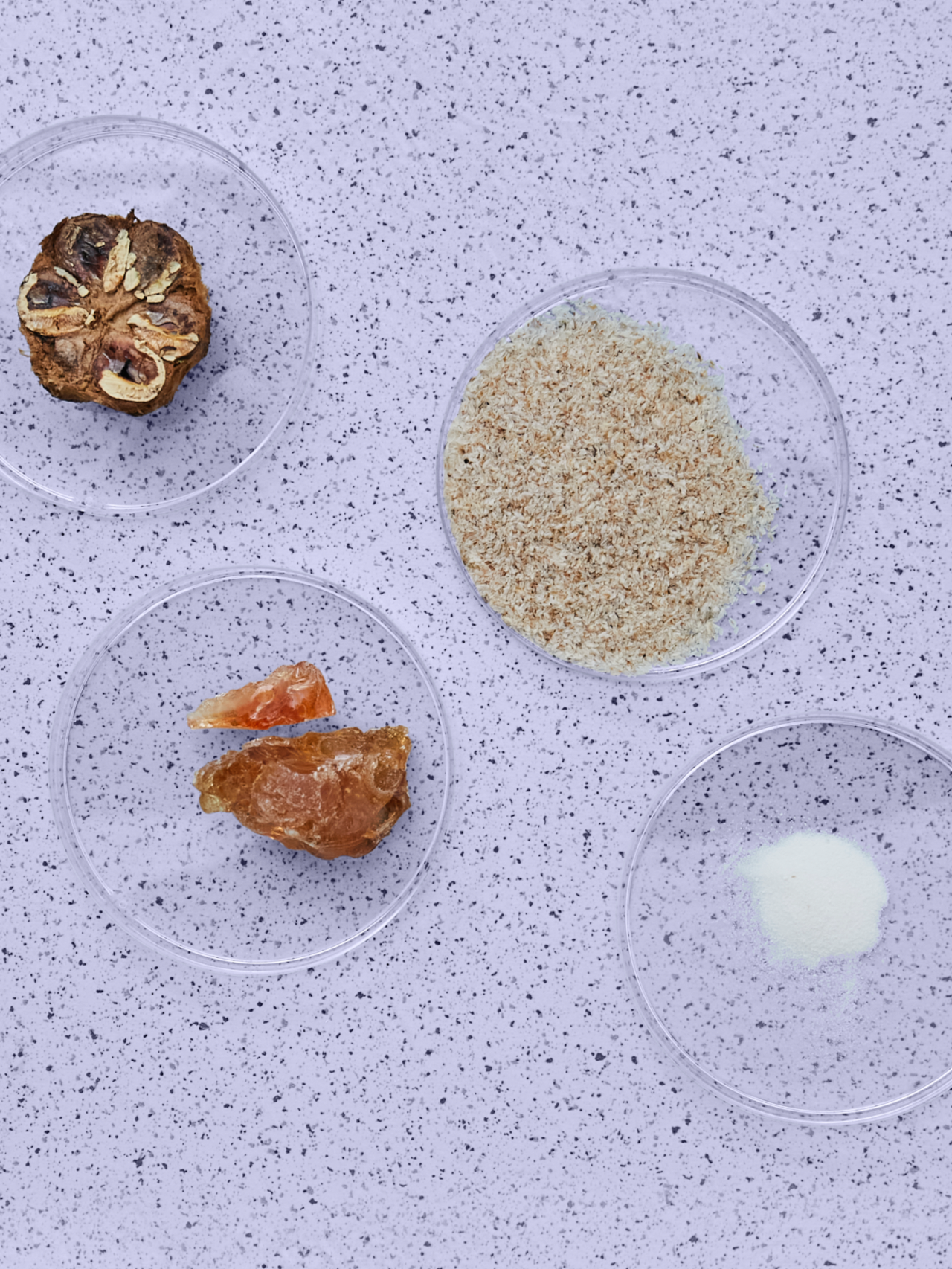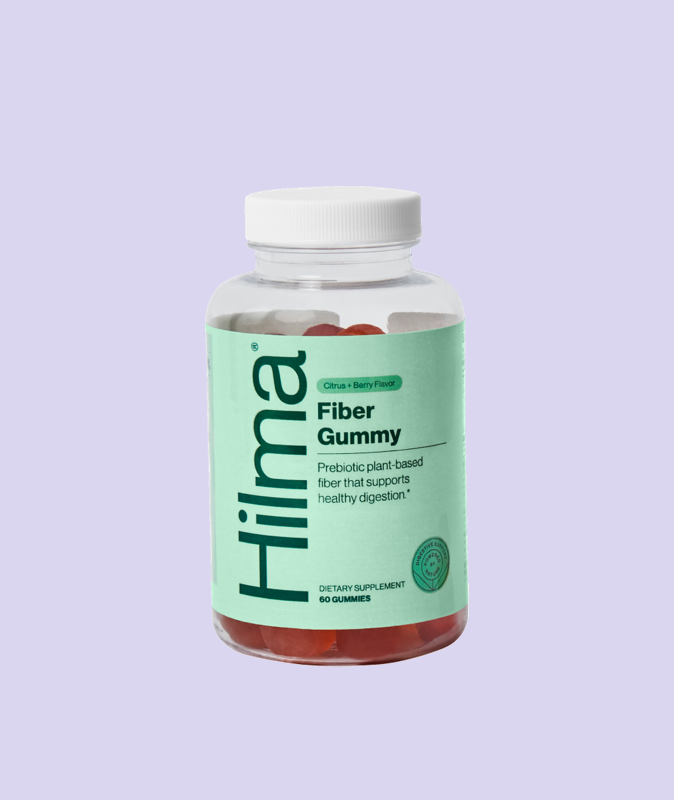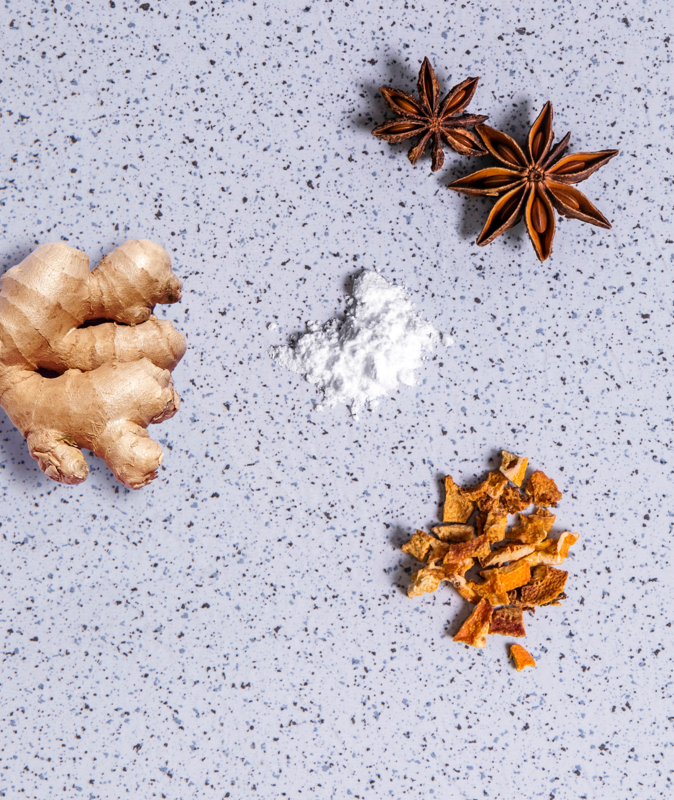
Fiber – it's the unsung hero of digestive health, celebrated for its ability to keep things moving smoothly within our bodies. But have you ever wondered why fiber makes you poop, and why having regular bowel movements is so crucial for overall well-being? Let's explore the fascinating link between fiber, bowel movements, and gut health.
What is fiber?
Before we can understand why fiber makes you poop, it’s important to understand what fiber is. Fiber, also known as dietary fiber, is a type of carbohydrate found in plant-based foods that the human body cannot digest or absorb. Instead of being broken down and absorbed like other nutrients, fiber passes through the digestive system largely intact, providing a range of health benefits.
Fiber comes in two main forms: soluble fiber and insoluble fiber. Soluble fiber dissolves in water to form a gel-like substance in the digestive tract, while insoluble fiber does not dissolve and adds bulk to stool.
Some common sources of fiber include fruits, vegetables, whole grains, legumes, nuts, and seeds. Including a variety of fiber-rich foods in your diet is important for maintaining digestive health, promoting regular bowel movements, controlling blood sugar levels, lowering cholesterol levels, and reducing the risk of chronic diseases such as heart disease, diabetes, and certain types of cancer.
In summary, fiber is an essential component of a healthy diet that provides numerous health benefits and plays a crucial role in supporting overall well-being.
The Effects of Fiber
Dietary fiber plays a pivotal role in the digestive process by adding weight and bulk to stool. Unlike other nutrients, fiber remains largely undigested as it travels through the digestive tract. Instead, it acts as a natural bulking agent, absorbing water and adding volume to stool.
As fiber-rich foods make their way through the digestive system, they draw water into the colon, resulting in softer, more pliable stool. This increased hydration within the colon helps to ease the passage of stool, making bowel movements more comfortable and efficient.
The Importance of Regular Bowel Movements
But why is having regular bowel movements so important? Beyond the immediate relief of discomfort and bloating, regular bowel movements play a vital role in maintaining overall health and well-being. Here's why:
Detoxification: Regular bowel movements facilitate the elimination of waste and toxins from the body. By keeping the digestive system moving, you help prevent the buildup of harmful substances that can negatively impact health.
Prevents Constipation: Regular bowel movements help prevent constipation, a condition characterized by infrequent or difficult-to-pass stools. Constipation can lead to discomfort, bloating, and abdominal pain. By promoting regularity, bowel movements ensure that waste is efficiently eliminated from the body, preventing buildup in the digestive tract.
Gut Microbiota Balance: Fiber-rich diets promote beneficial changes in gut microbiota, the trillions of microorganisms that inhabit our digestive tract. These "good" bacteria play a crucial role in digestion, nutrient absorption, and immune function. By fostering a diverse and balanced microbiome, regular bowel movements support optimal gut health and overall wellness.
Prevention of Digestive Issues: Chronic constipation or irregular bowel movements can lead to a host of digestive issues, including hemorrhoids, diverticulosis, and even colorectal cancer. By promoting regularity, fiber helps to prevent these conditions and support a healthy digestive system.
Prevents Hemorrhoids: Straining during bowel movements due to constipation can increase the risk of developing hemorrhoids, swollen and inflamed veins in the rectum and anus. Regular bowel movements help prevent constipation and reduce the likelihood of hemorrhoid formation.
Improves Overall Comfort and Well-Being: Regular bowel movements contribute to a sense of well-being and comfort. They help prevent bloating, abdominal discomfort, and other digestive symptoms that can negatively impact quality of life.
The Importance of Fiber for Gut Health
Fiber is essential for gut health due to its multifaceted impact on the digestive system and the gut microbiome. Firstly, fiber promotes digestive regularity by adding bulk to stool, facilitating the efficient movement of waste through the digestive tract and preventing constipation. This ensures timely elimination of waste products from the body. Secondly, fiber acts as a prebiotic, nourishing beneficial bacteria in the gut. These bacteria ferment fiber to produce short-chain fatty acids (SCFAs), such as butyrate, acetate, and propionate, which play vital roles in maintaining gut health. SCFAs support the integrity of the intestinal lining, regulate immune function, reduce inflammation, and contribute to overall gut health.
Additionally, consuming a variety of fiber-rich foods promotes microbial diversity in the gut, which is associated with better health outcomes. A diverse gut microbiome is more resilient and adaptable, providing protection against various digestive disorders, including diverticulosis, inflammatory bowel disease (IBD), and colorectal cancer. Fiber also helps regulate blood sugar levels by slowing down the absorption of glucose into the bloodstream, benefiting individuals with diabetes or insulin resistance, and supporting overall metabolic health.
Moreover, certain types of fiber, such as soluble fiber found in oats and barley, can help lower LDL (bad) cholesterol levels, reducing the risk of heart disease and promoting cardiovascular health. In conclusion, incorporating a variety of fiber-rich foods into the diet is crucial for supporting optimal gut health and overall well-being.
In conclusion, the connection between fiber, bowel movements, and gut health is undeniable. By understanding why fiber makes you poop and embracing the importance of regular bowel movements, you can take proactive steps to support your digestive system and enhance overall well-being. So, next time you reach for fiber-rich foods or supplements, know that you're not just nourishing your body – you're also nurturing your gut health for a happier, healthier you.





